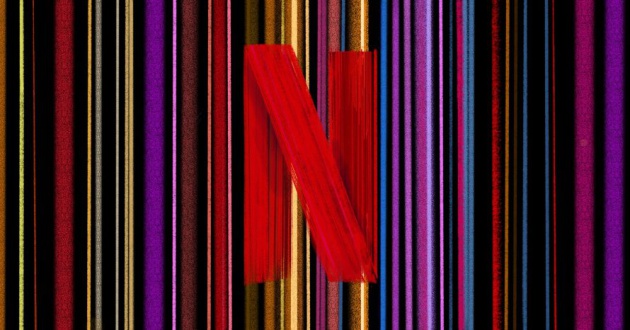Netflix has signed a deal with French TV network TF1 to carry both its linear and on-demand content from summer 2026.
The two companies have previously worked together on co-producing TV series and films, but will now work together in what Netflix describes as a “new kind of partnership”.

Speaking about the arrangement, Greg Peters, co-CEO of Netflix said: “This is a first-of-its-kind partnership that plays to our strengths of giving audiences the best entertainment alongside the best discovery experience. By teaming up with France’s leading broadcaster we will provide French consumers with even more reasons to come to Netflix every day and to stay with us for all their entertainment.”
“I am delighted about this new partnership with Netflix, with whom we have already established strong relationships through ambitious co-productions in recent months,” added Rodolphe Belmer, CEO of TF1 Group.
“As viewing habits shift toward on-demand consumption and audience fragmentation increases, this unprecedented alliance will enable our premium content to reach unparalleled audiences and unlock new reach for advertisers within an ecosystem that perfectly complements our TF1+ platform.“
According to analyst Paolo Pescatore, the move is “the start” of streaming services looking to work with traditional linear broadcasters.
“[It] makes perfect sense given the direction of travel,” he tells TVBEurope. “Netflix is pivoting towards a platform for entertainment, and it was only a question of time before we saw typically big hits being streamed on the platform. Everyone wants to work and distribute with Netflix. While rivals grapple to understand streaming and continue to figure out what to do with legacy businesses, Netflix remains one step ahead.
“Free-to-air broadcasters have no choice but to either collaborate with each other as a final resort or partner with a streamer. It is a win win for all parties. For free-to-air broadcasters, it gives them a new lease of life, for Netflix a broad range of programming and for users it reduces fragmentation by having more in one place.”







